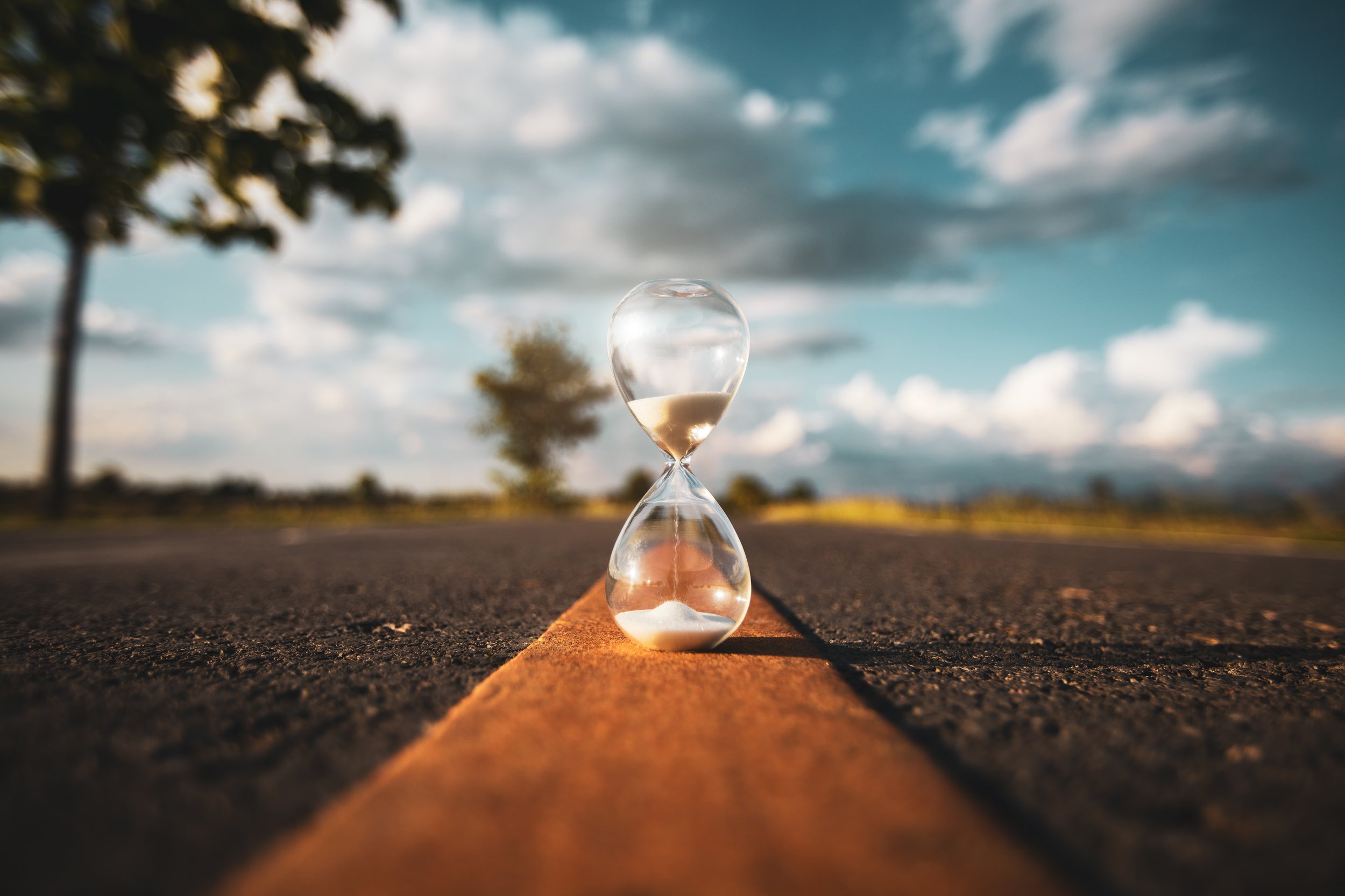
Welcome to The Death Network
It’s pretty simple: death is the one thing that unites us all. Yet, as a society, we often turn a blind eye to it until it can’t be ignored. When that time comes, we’re left unsure of how to navigate the practical, emotional, and spiritual complexities of dying - often resulting in stress, frustration, and isolation.
The Death Network was born from a community conversation that sparked a larger movement: to bring death out of the shadows and back into the center of life. Accepting our mortality has changed how we live, shifting our mindsets, our choices, and our priorities.
Meet The Founding Team
Tara, Kara, Penny and Selena - four passionate death workers, united by a shared vision: to bring family, natural care, ritual, and ceremony back to the heart of end-of-life care.
Each of us brings something uniquely our own - skills shaped by experience, spirit grounded in service - but together, we walk alongside the dying and the dead with deep compassion, reverence, and understanding.
We believe that death is not only a moment of loss, but a sacred opportunity to honor a life, to connect in love, and to return meaning to the way we say goodbye.
Penny Waugh
Founder & CEO
To me, death isn’t just something that happens at the end of life - it’s a part of every moment. Viewing life through this lens has made me more intentional with my time and relationships. My hope is that by exploring grief and death, we can spark honest conversations about how we want our end-of-life experiences to unfold.
My own journey began with an internal calling that I wasn’t living my life’s purpose. I had two choices: ignore the voice and keep distracting myself with unhealthy habits, or listen. I chose the latter after a period of burnout and spiritual emptiness. In a moment of pause (thanks to a broken foot!), I realized that healing my grief and trauma was the key to discovering my true self. This journey of self-discovery and healing has been transformative, and I’ve learned that it’s never too late to begin.
I left a 30-year corporate career to become a certified Death Doula and certified Funeral Coordinator. This combination allows me to walk alongside the dying and their loved ones from the onset of the journey all the way through to final disposition. I now dedicate my life to supporting others in exploring their own mortality. I’ve learned to embrace self-compassion and discovery, and to surround myself with people who nurture my growth. I’ve shifted my priorities to focus on connection and living authentically.
In walking alongside others at the end of life, I’ve found that the work is not only about death - it’s about learning how to truly live.

